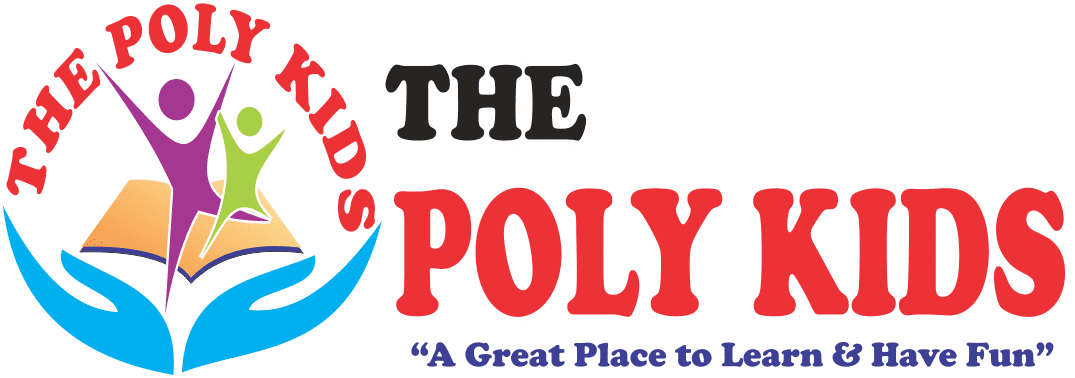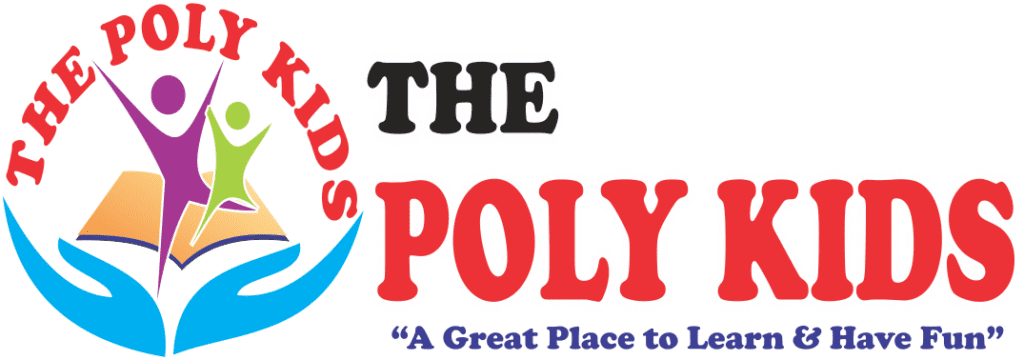Why Play-Based Learning is Essential for Preschoolers’ Development
Play-based learning for preschoolers is more than just fun and games; it is a vital part of early childhood development. This educational approach combines play with learning, creating an environment where children can explore, imagine, and interact with their surroundings. In this article, we will explore why play-based learning is crucial for preschoolers and how it fosters essential life skills.
1. Enhances Cognitive Development
Play-based learning for preschoolers is proven to enhance cognitive development. When children engage in play, they develop critical thinking and problem-solving skills. Activities like building blocks, puzzles, and role-playing games challenge young minds to think creatively and find solutions. These playful experiences stimulate brain development, laying a strong foundation for future learning.
2. Supports Social and Emotional Growth
Play-based learning provides opportunities for preschoolers to develop social and emotional skills. Through play, children learn to communicate, share, negotiate, and collaborate with their peers. They also experience emotions such as empathy, patience, and resilience when they encounter challenges or conflicts during play. These experiences help them build strong emotional intelligence and prepare them for real-life social interactions.
3. Encourages Physical Development
Active play is essential for physical development in young children. Activities like running, jumping, climbing, and dancing help preschoolers develop fine and gross motor skills, coordination, and balance. Play-based learning for preschoolers often incorporates movement, allowing children to engage their muscles and develop a healthy body. These physical activities are crucial for maintaining overall health and well-being.
4. Stimulates Creativity and Imagination
Play-based learning for preschoolers encourages creativity and imagination. Through pretend play, children create their own worlds, characters, and stories. They learn to think outside the box, explore new ideas, and experiment with different outcomes. This kind of imaginative play fosters innovation and helps children develop a love for learning that can last a lifetime.
5. Builds Language and Communication Skills
Engaging in play-based activities allows preschoolers to practice language and communication skills. Whether they are playing house, talking to their toys, or communicating with peers, they are constantly learning new words and phrases. Storytelling and role-playing games, in particular, help enhance vocabulary, sentence structure, and verbal expression, making play-based learning for preschoolers a great tool for language development.
6. Fosters Independence and Confidence
Play-based learning for preschoolers helps foster a sense of independence and confidence. When children are given the freedom to explore, experiment, and make their own choices during play, they learn to trust their instincts and decision-making skills. This independence encourages them to be confident, self-assured learners who are not afraid to take risks and try new things.
7. Develops Early Mathematical and Scientific Thinking
Through play, preschoolers are introduced to basic mathematical and scientific concepts. Activities like sorting objects by shape or color, counting toys, or playing with water and sand tables introduce fundamental math and science ideas. Play-based learning for preschoolers provides a hands-on experience, making abstract concepts easier to understand and retain.
8. Promotes a Love for Learning
Perhaps one of the most significant benefits of play-based learning for preschoolers is that it promotes a love for learning. When children enjoy the process of discovery and exploration, they develop a positive attitude towards education. This enthusiasm for learning can translate into greater academic success in later years, as children approach new subjects with curiosity and eagerness.
9. Provides a Safe and Engaging Learning Environment
Play-based learning offers a safe environment where preschoolers can explore and learn at their own pace. It allows educators to observe children’s interests, strengths, and areas that need development, adapting activities accordingly. This personalized approach makes learning more engaging and effective.
10. Integrates Learning Across Multiple Domains
Play-based learning for preschoolers integrates multiple areas of development, including cognitive, physical, social, and emotional growth. It provides a holistic approach that addresses all aspects of a child’s development, ensuring they are well-prepared for future educational challenges.
Conclusion
Incorporating play-based learning for preschoolers is crucial for their overall development. It not only enhances cognitive, social, and emotional skills but also fosters creativity, independence, and a love for learning. By embracing this educational approach, we provide preschoolers with a strong foundation for lifelong success.


